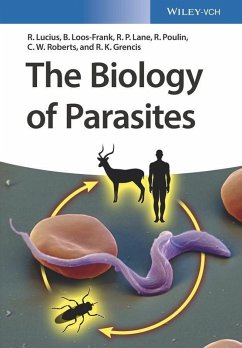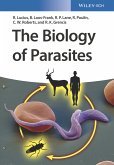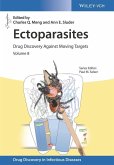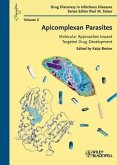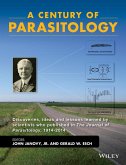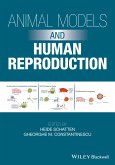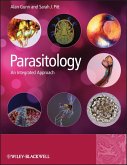Filling the gap for a textbook combining classical parasitology with the latest research results from cell and molecular biology, this unique volume covers each class of animal parasites, including all major human parasites, and features a large introductory section focusing on their evolution and ecology. Immunological aspects are covered in detail and 250 study questions with solutions are included for self-study. Based on a successful German textbook, this edition has been completely rewritten and restructured with the help of outstanding researchers and lecturers from the UK and New Zealand, making it the first choice for those parasitology students planning to stay in research in academia or industry.
Hinweis: Dieser Artikel kann nur an eine deutsche Lieferadresse ausgeliefert werden.
Dieser Download kann aus rechtlichen Gründen nur mit Rechnungsadresse in D ausgeliefert werden.
Hinweis: Dieser Artikel kann nur an eine deutsche Lieferadresse ausgeliefert werden.

